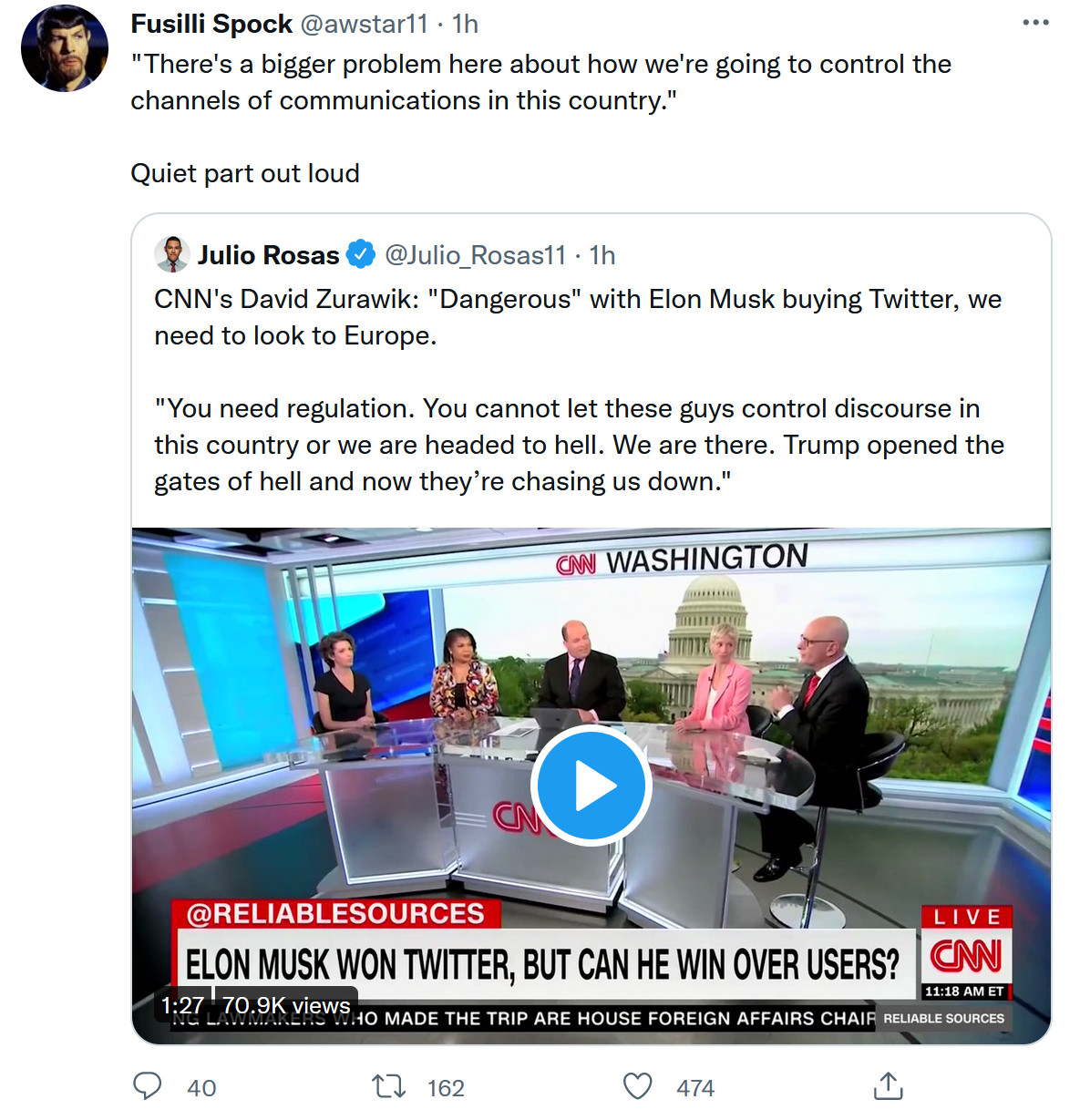Richard Delgado, an early champion of speech codes and now more famous as a founding scholar in the field of Critical Race Theory, cites the Rwandan genocide (more on this in the next entry), along with Weimar Germany, as cautionary tales against free-speech purism. The problem is that neither historical precedent supports the idea that speech restraints could have prevented a genocide.
As I explained in my review of Eric Berkowitz’s excellent book, “Dangerous Ideas: A Brief History of Censorship in the West, from the Ancients to Fake News,” Weimar Germany had laws banning hateful speech (particularly hateful speech directed at Jews), and top Nazis including Joseph Goebbels, Theodor Fritsch and Julius Streicher actually were sentenced to prison time for violating them. The efforts of the Weimar Republic to suppress the speech of the Nazis are so well known in academic circles that one professor has described the idea that speech restrictions would have stopped the Nazis as “the Weimar Fallacy.”
A 1922 law passed in response to violent political agitators such as the Nazis permitted Weimar authorities to censor press criticism of the government and advocacy of violence. This was followed by a number of emergency decrees expanding the power to censor newspapers. The Weimar Republic not only shut down hundreds of Nazi newspapers — in a two-year period, they shut down 99 in Prussia alone — but they accelerated that crackdown on speech as the Nazis ascended to power. Hitler himself was banned from speaking in several German states from 1925 until 1927.
Far from being an impediment to the spread of National Socialist ideology, Hitler and the Nazis used the attempts to suppress their speech as public relations coups. The party waved the ban like a bloody shirt to claim they were being targeted for exposing the international conspiracy to suppress “true” Germans.
And once in power, “Far from stopping Hitler, they only made his day when he became Chancellor. They enabled Hitler to confront Social Democratic Party chairman Otto Wels, who stood up in the Reichstag to protest Nazi suspension of civil liberties, with a quotation from the poet Friedrich Schiller: ‘Late you come, but still you come,’ Hitler pointed at the hapless deputy. ‘You should have recognized the value of criticism during the years we were in opposition [when] our press was forbidden, our meetings were forbidden, and we were forbidden to speak for years on end.’ The Nazis would have been just as repressive without this excuse, but being able to offer it made Hitler’s task easier.”
Meanwhile, back in 2022:

